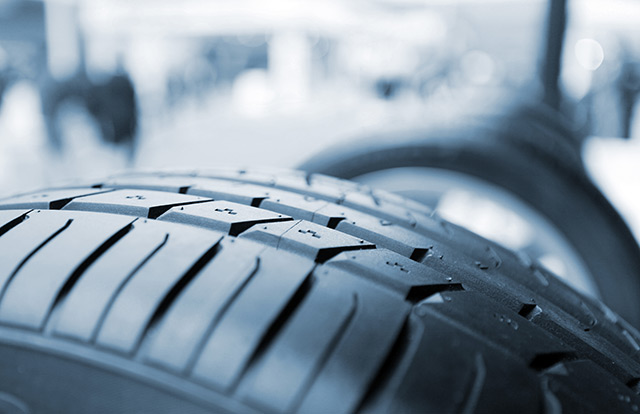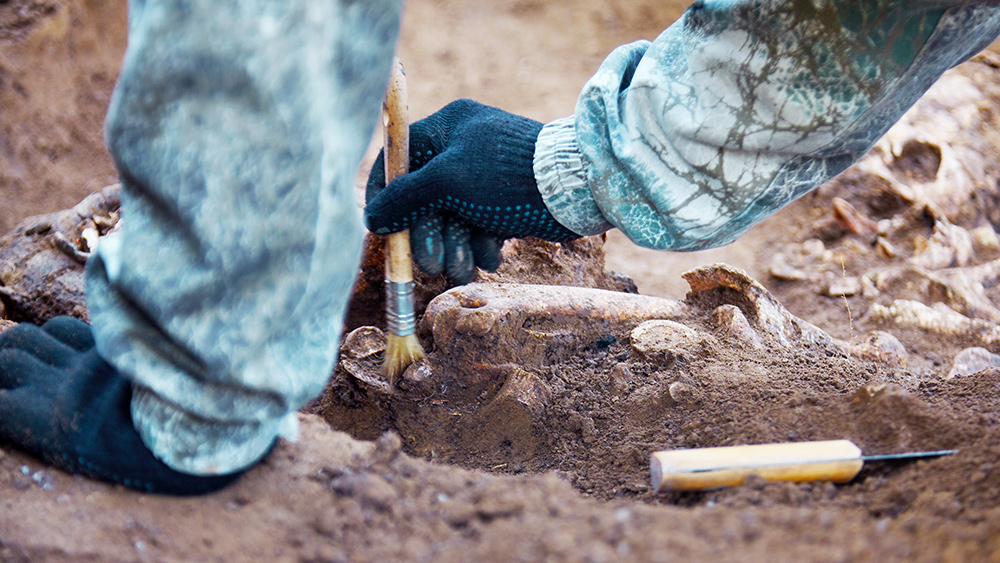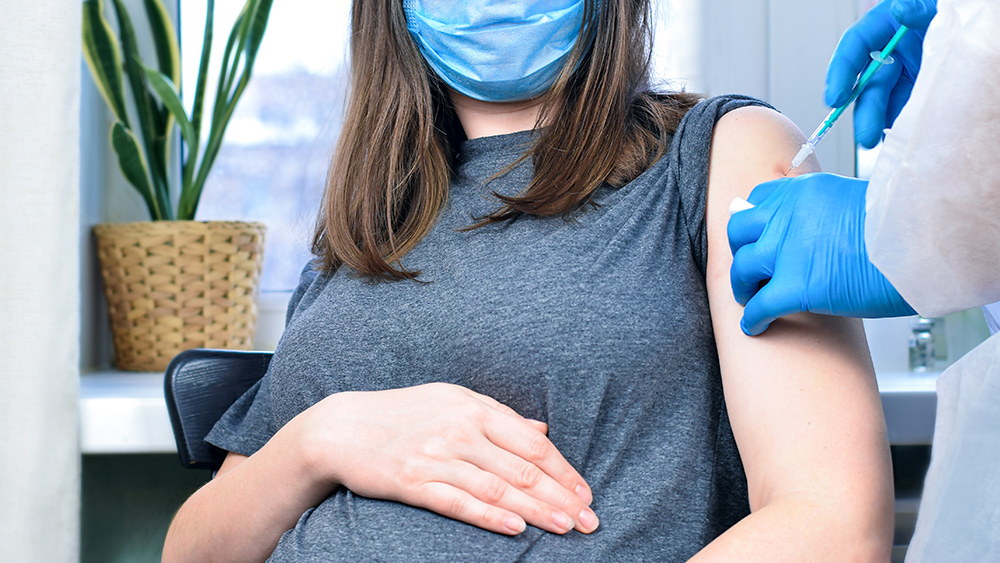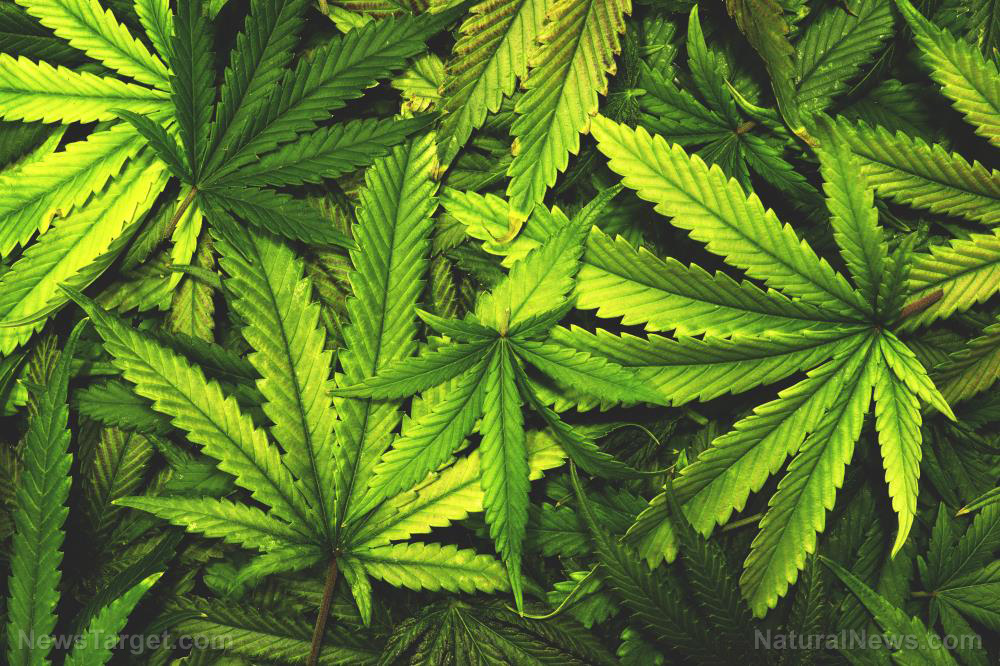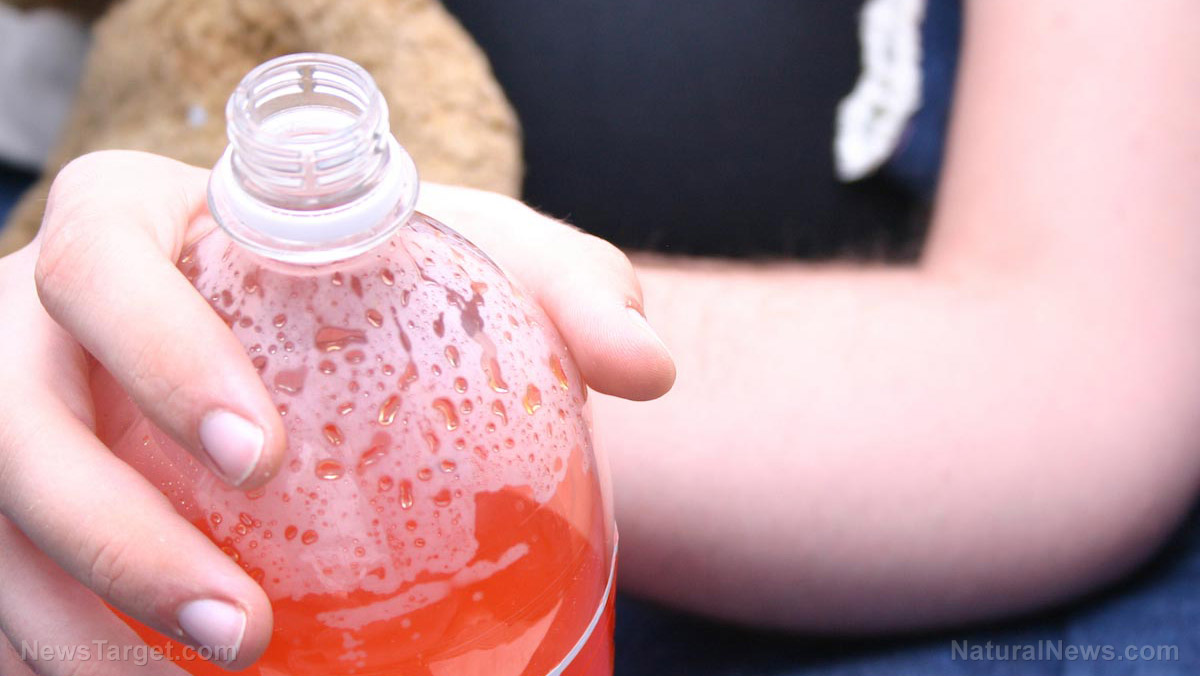Recycling plastic turns out to be WORSE for the environment than just throwing it away… recycling SPREADS microplastics pollution
05/10/2023 / By Ethan Huff
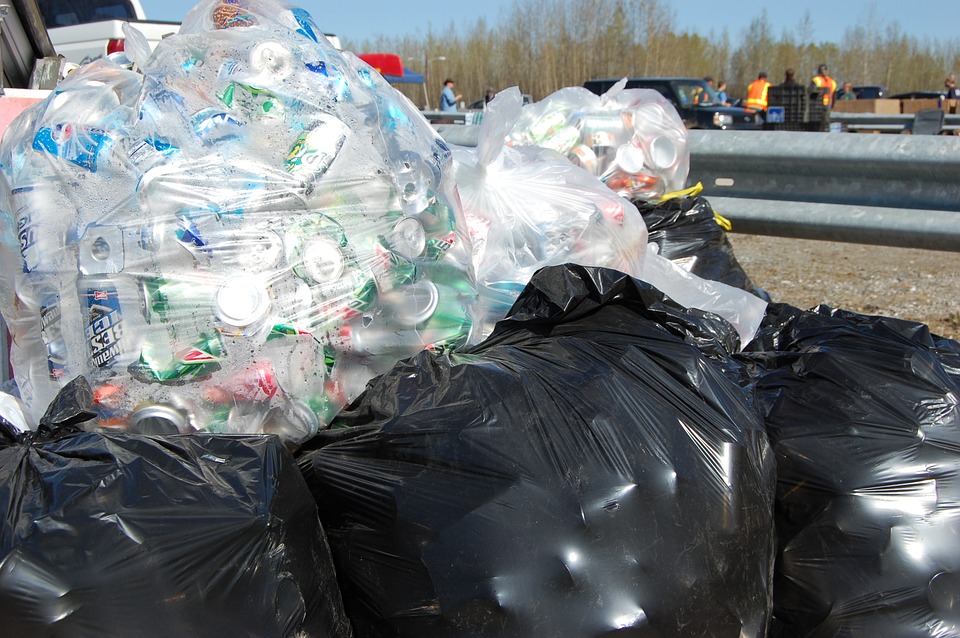
For several decades now, we have been told that recycling plastic is much better for the environment than simply trashing it – but is that actually true?
New research published in the Journal of Hazardous Materials Advances casts a shadow of doubt on the merits of plastic recycling, which appear to be massively overblown and possibly even fraudulent.
To claim that recycling plastic helps to protect the environment is simply not true, the study essentially found. And the reason has to do with the generation of microplastics, which now pollute oceans, lakes, streams and rivers, and even farms where food is grown.
Researchers both from Scotland and Canada collected and tested water samples at a recycling plant. They found that the water, which is used to clean plastic before it gets recycled, is loaded with toxic microplastics.
Once a plastic bottle is washed, the next step in the recycling process is to shred and melt it into pellets, which are then reformed to create new plastics. The problem is that this process generates a lot of microplastics, which persists in the water and flows down to the local wastewater treatment plant.
Since many wastewater treatment plants are ill-equipped to filter out microplastics, all that hidden, microscopic waste ends up flooding into the environment.
(Related: Some cities have even resorted to burning recyclables since nobody seems to want to accept the raw material for processing anymore.)
Microplastics go straight through filtration systems, especially at the micron level
At the plants tested, water was used four times to clean the plastic before recycling. And researchers discovered the presence of micron-sized plastic particles in all four water samples used during each step of the cleaning process.
In some cases, the water used to clean plastic at recycling plants never even makes it to a wastewater treatment plant, and is instead just dumped directly into the environment or repurposed as irrigation water.
All in all, the team estimated that 6.5 million pounds of microplastics are released into the environment every single year, all thanks to the recycling of plastics. Were all that plastic simply tossed into a landfill, it would not have the opportunity to taint water supplies and cause all kinds of health problems in humans and animals.
Furthermore, the team evaluated a recycling plant that had installed a special filtration system to capture microplastics. That system captured about 50 percent of the particles, which is hardly enough to be satisfactory.
Not only that, but the team only tested for microplastics down to a size of 1.6 microns. It turns out that microplastics can be a whole lot smaller than even that, which means the true concentration of microplastics in even filtered water is still disturbingly high.
Prior research has shown that some microplastics are so small that they are capable of entering individual cells in an animal’s body. We can only assume that the same is true of individual cells in humans, which are more than likely contaminated with microplastics as well.
“Thank you, greenies, for making things worse once again,” wrote one upset commenter, pointing out that the farce of recycling “was obvious from the very beginning.”
Another took a less harsh approach, making the assumption that those in favor of recycling mean well but are simply misinformed about its alleged benefits for planet and people.
“Washing recycled plastic and not measuring the microplastic detritus is scandalous on its own, but to then let that water to flow out into the continuum and be surprised at the consequences” is ludicrous, this person added.
“Why not melt the plastic into useful products without washing the microplastics into the continuum?” this person further questioned.
More related news can be found at Pollution.news.
Sources for this article include:
Submit a correction >>
Tagged Under:
clean water, Dangerous, discoveries, Ecology, environment, green living, microplastic, plastic, real investigations, recycling, research, toxins
This article may contain statements that reflect the opinion of the author
RECENT NEWS & ARTICLES
COPYRIGHT © 2017 REAL INVESTIGATIONS NEWS







